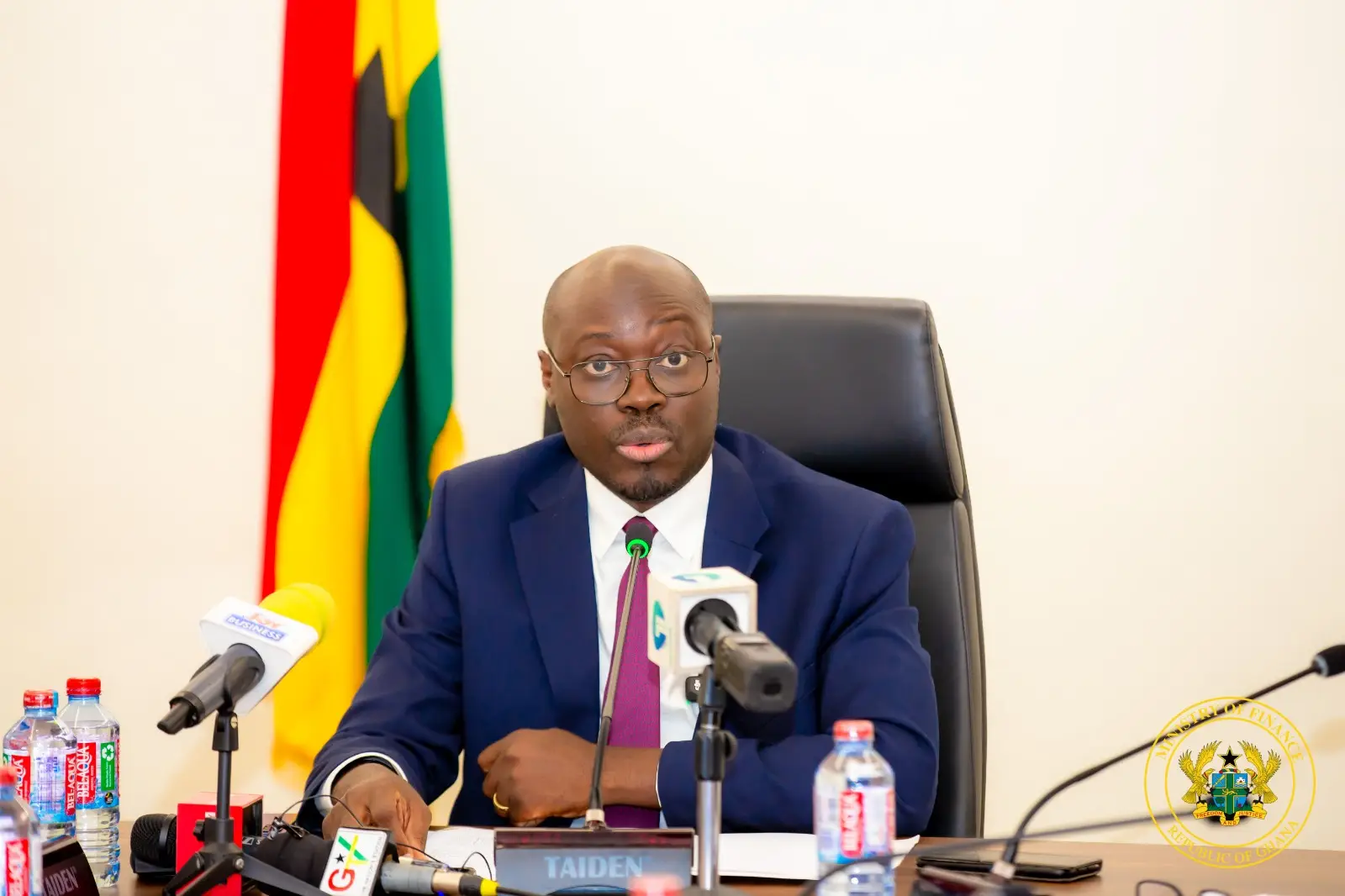
By Elizabeth PUNSU, Kumasi
The Public Interest and Accountability Committee (PIAC) has expressed grave concern over government’s continued inability to attract new investments into the upstream petroleum sector, warning that persistent stagnation in exploration and production activities poses significant economic risks.
According to PIAC, Ghana has not signed a single petroleum agreement since 2018 — a worrying trend that threatens future oil production levels and, consequently, government revenue.
“The most significant recommendation we have made is for government to do everything it can to encourage investment into the upstream petroleum industry. For the past five years, there have been no new agreements between government and petroleum companies. Without fresh investments, production levels are likely to decline and that directly impacts government revenue,” said Richard Ellimah, a PIAC member representing civil society organisations, in an interview with journalists.
In the current economic climate, PIAC emphasised, Ghana cannot afford to miss out on potential petroleum revenues.
The Committee made these comments during a stakeholder engagement in Kumasi to review the 2024 Petroleum Sector Report. It urged government to revive international investment promotion roadshows and engage with major global oil and gas firms to reposition Ghana as a secure and profitable investment destination.
“In the past, government officials travelled the world promoting Ghana’s upstream sector. We need to revive those efforts and engage with key players to bring them into our market. Increasing investments will ultimately lead to higher production and more revenue for national development,” Mr. Ellimah added.
Gas-flaring remains a concern
PIAC also expressed concern over the ongoing practice of gas-flaring, describing it as both an environmental and economic issue. Although Ghana has a zero-flaring policy under its petroleum regulations, limited processing capacity has resulted in continued flaring of excess gas.
“Technically, no company is allowed by the Environmental Protection Agency (EPA) to flare gas. However, because the Atuabo Gas Processing Plant cannot handle all the associated gas produced, excess gas is often flared. This is harmful to the environment and a waste of valuable resources,” Mr. Ellimah said.
To address the challenge, PIAC welcomed government’s recent announcement that Cabinet has approved the construction of a second gas processing plant (GPPII).
According to the Committee, the new facility is expected to significantly reduce gas-flaring and convert excess gas into usable energy.
“It was heartening to hear the minister confirm Cabinet’s approval. This project should be treated as a national priority. If construction begins quickly, Ghana could begin benefitting from its excess gas within the next two to three years. While it is a complex and capital-intensive project, it is necessary for environmental sustainability and economic growth,” Mr. Ellimah concluded.
The post PIAC alarmed by stagnation in upstream petroleum investment appeared first on The Business & Financial Times.
Read Full Story




















Facebook
Twitter
Pinterest
Instagram
Google+
YouTube
LinkedIn
RSS